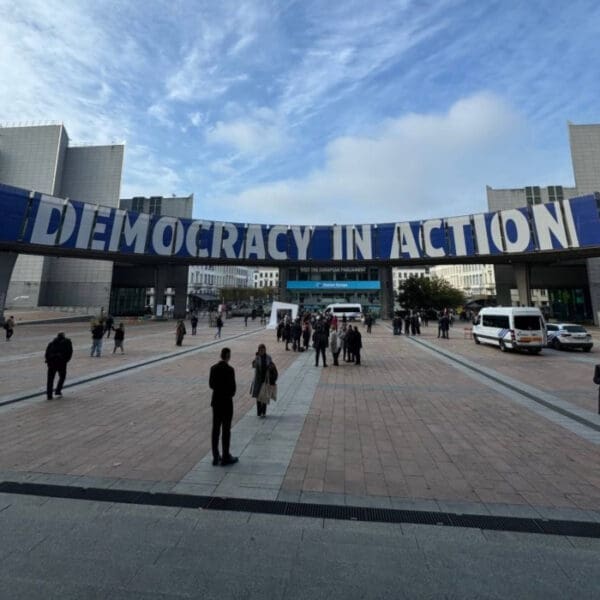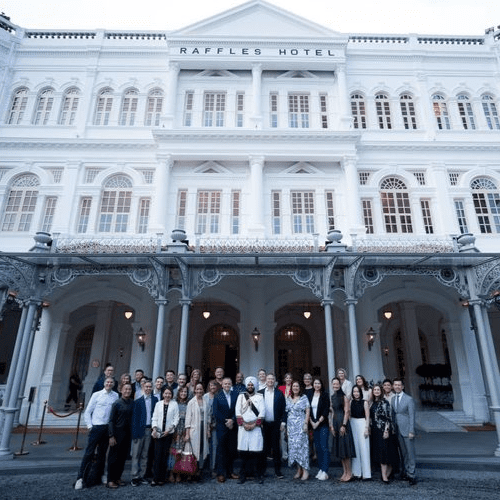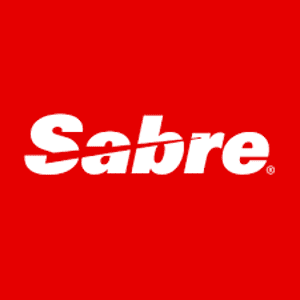
Business travelers want hotel options that are convenient, personalized and competitively priced with amenities. New research from the Global Business Travel Association (GBTA), in partnership with HRS, highlights these preferences while also demonstrating that many corporate travel buyers underestimate how important these elements are for their travelers.
The global research covers feedback from 600+ travel buyers and procurement executives, as well as nearly 2,500 business travelers. Online surveys were done from March to May of 2019. GBTA will feature this research in an education session at the GBTA conference in Chicago on Tuesday, August 6.
Booking: Addressing Gaps Between Buyers and Travelers
The vast majority of buyers and travelers agree that factors like proximity to work engagement (92% travelers, 99% buyers) and price (85% travelers, 94% buyers) are important in selecting a hotel. However, buyers might be undervaluing the importance of experiential factors like proximity to restaurants and entertainment (84% travelers, 68% buyers), traveler reviews (80% travelers, 67% buyers) and loyalty program benefits (70% travelers, 64% buyers).
On top of that, travelers place a higher priority on personalization than travel buyers when it comes to their company’s corporate booking tool. Half (50%) of travelers say they prefer their online booking tool offer more hotels with amenities, whereas only one in five (19%) travel buyers say this is a need. When it comes to receiving personalized options around upgrades and add-ons in the booking process, 74% of travelers cited that as important, versus only 62% of travel buyers.
Payment: Centralized Options Hold Potential to Drive Increased Use of Preferred Hotel Suppliers
Centralized and direct corporate payment options are used to varying degrees around the world. Eighty-five percent say the ease of completing expense reports, ease of expense approval process and speed of reimbursement are important to expense management.
Accordingly, the research indicates travelers like the option to pay centrally. Direct payment options negating the need to use a personal credit card could tip the scales in a travelers’ decision on which hotel to book. Only three in ten (30%) travelers typically pay for their hotel through central or direct payment. However, 88% of travelers say if their company offers central or direct payment with a hotel, they would book this property over one that does not offer this method.
“That 88% figure represents a true lighthouse metric for travel programs seeking expedient avenues to higher adoption of preferred hotel suppliers and booking channels,” said Suzanne Neufang, senior vice president of Enterprise Solutions for HRS Americas. “Once travelers use direct payment, they prefer it. And they love the simplification of expense reporting. For buyers, it helps keep employees in the program and provides richer Level 3 data for procurement purposes. And hoteliers gain from more volume. It’s a win-win-win.”
“Building and managing a travel program is an exercise in balance,” said Hannah Jaffee, GBTA research analyst. “Though practicality is key for business travelers, they view business travel as an experience, and they want their hotel options to reflect that. If hotel adoption is a problem, travel buyers can take strategic steps to ensure factors around traveler preference and experience are accounted for in contract negotiations.”

















